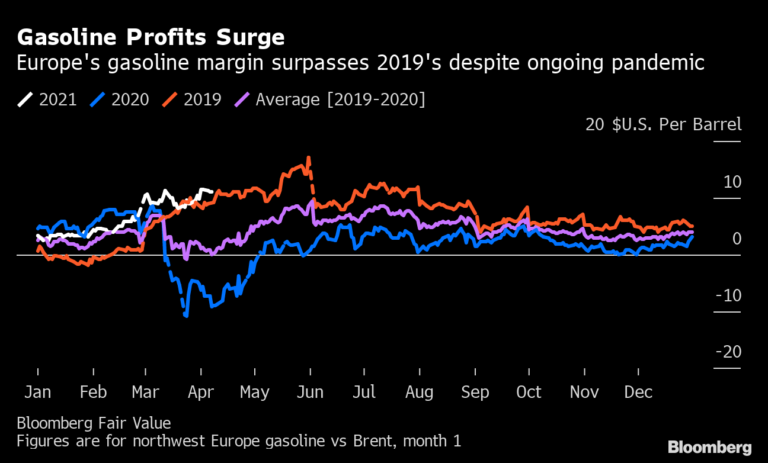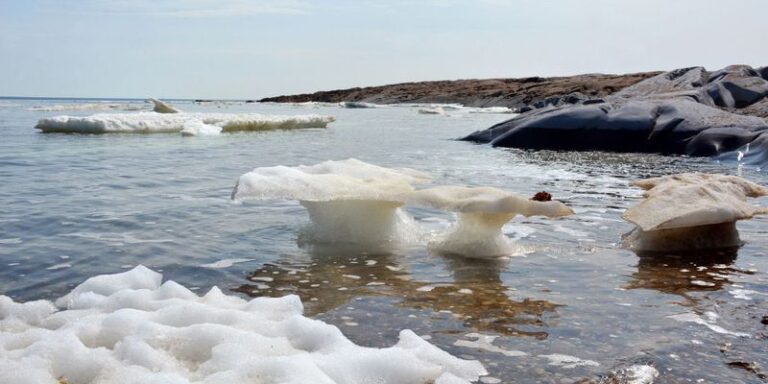Big brands join $1bn forest conservation push for SE Asia

Major household brands and palm-oil buyers Nestle and PepsiCo have backed a scheme that aims to invest $1bn in forest conservation across Southeast Asia over 25 years. The Rimba Collective, developed by Lestari Capital, a Singapore-based impact investment firm, will fund projects that protect and restore more than 500,000 hectares (1.2mn acres) of tropical forests in Indonesia and the region. “By linking conservation funding directly with company operations, it has the potential to be a game-changer for forest protection and restoration,” Michal Zrust, Lestari Capital co-founder, told a virtual launch event this week. The initiative will complement eff orts by other groups to build more sustainable palm-oil supply chains, he added. In 2020, tropical forest losses around the world equalled the size of the Netherlands, according to monitoring service Global Forest Watch.
Green groups blame production of commodities like palm oil and minerals for much of the destruction of forests, as they are cleared for plantations, ranches, farms and mines. Cutting down forests has major implications for global goals to curb climate change, as trees absorb about a third of the planet-warming emissions produced worldwide, but release carbon back into the air when they rot or are burned. Forests also provide food and livelihoods, and are an essential habitat for wildlife. Indonesia is home to the world’s third-largest tropical forests but is also its biggest producer of palm oil, an edible oil used in everything from margarine to soap and fuel. Many big buyers of palm oil, besides purchasing certified sustainable oil, have invested in technologies to monitor their supply chains and help stop deforestation, but with limited success so far. The Rimba Collective will have an initial focus on projects in Indonesia and aims to be the largest businessled conservation initiative in the region. Its founding partners are consumer goods companies Nestle, PepsiCo, Procter & Gamble and Singapore-based agribusiness Wilmar International.
They will contribute funding managed by Lestari Capital for a portfolio of forest conservation projects in Southeast Asia. It is hoped more investors, such as commodity traders, palm oil processors and growers, consumer goods firms and manufacturers, will join the scheme before the first payments are made in December. Projects will be selected based on their potential to protect and restore large areas of natural ecosystems and critical habitats such as rainforest, peatland and mangroves. Other priorities are to generate measurable ecosystem benefits — including carbon sequestration, water purification and soil health — and decent livelihoods for local communities. Benjamin Ware, global head of sustainable sourcing and climate delivery at Nestle, said the firm’s involvement would “enable us to speed up our proactive eff orts to protect forests and peatlands as well as human rights”, beyond its supply chain.
Last year, well-known brands launched a fresh push to stop commodity supply chains fuelling forest loss. It was met with scepticism by many green groups after the same set of companies failed to meet a 2020 target to purchase only sustainably produced commodities. Environmentalists urged firms in the Rimba Collective to ensure their entire supply chains are not linked to deforestation and to transparently report on progress. Grant Rosoman, senior adviser at Greenpeace International, said more finance for forest conservation, especially led by communities, was desperately needed. He welcomed the long-term nature of the new scheme and the fact that its results will be verified independently. But transparency around how it works, including its costs, payments and the organisation running it, are crucial, he added. “We are also concerned that with carbon sequestration as one of the stated benefits, carbon credits may be claimed and sold to climate polluters,” he told the Thomson Reuters Foundation. Marcus Colchester, a senior policy advisor at the UK-based Forest Peoples Programme, called the Rimba project “innovative” and urged Indonesia to help by simplifying its onerous process for recognising customary land rights. Kevin Woods, a senior policy analyst at Washington-based nonprofit Forest Trends, said studies showed results are poor when forest conservation does not support those rights. “This can be best achieved by funds going through local organisations that work closely with forest-based communities on…conservation,” he said.








